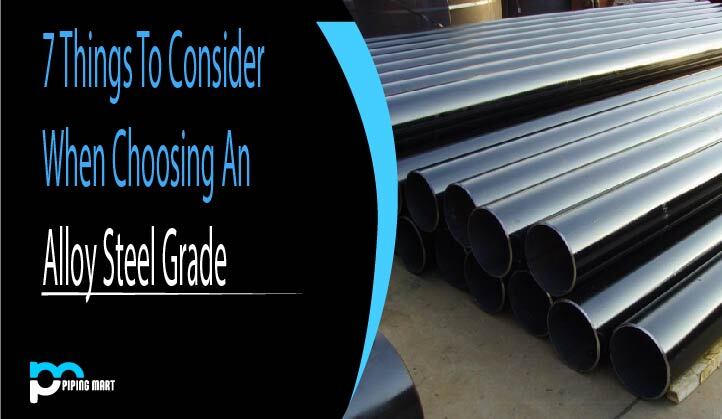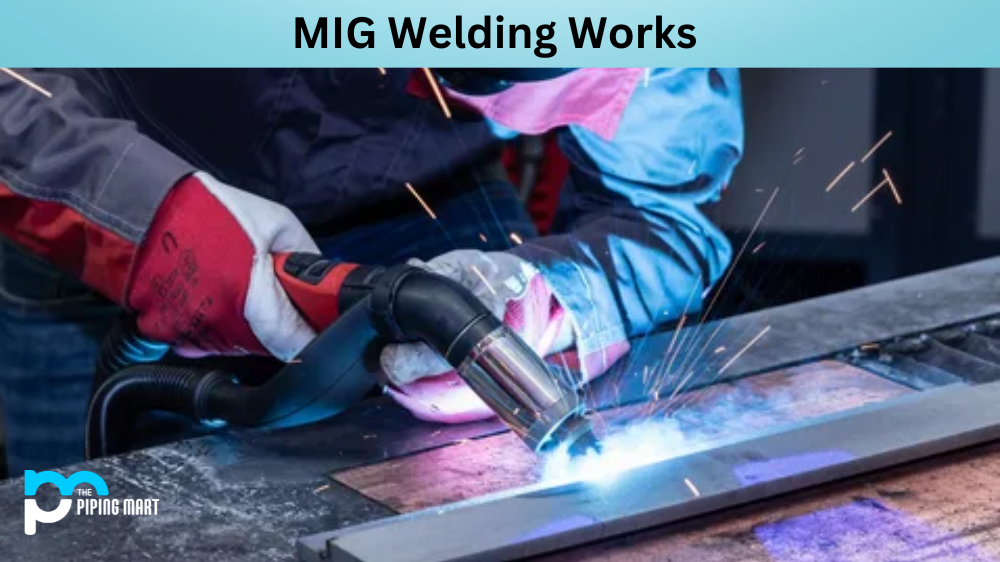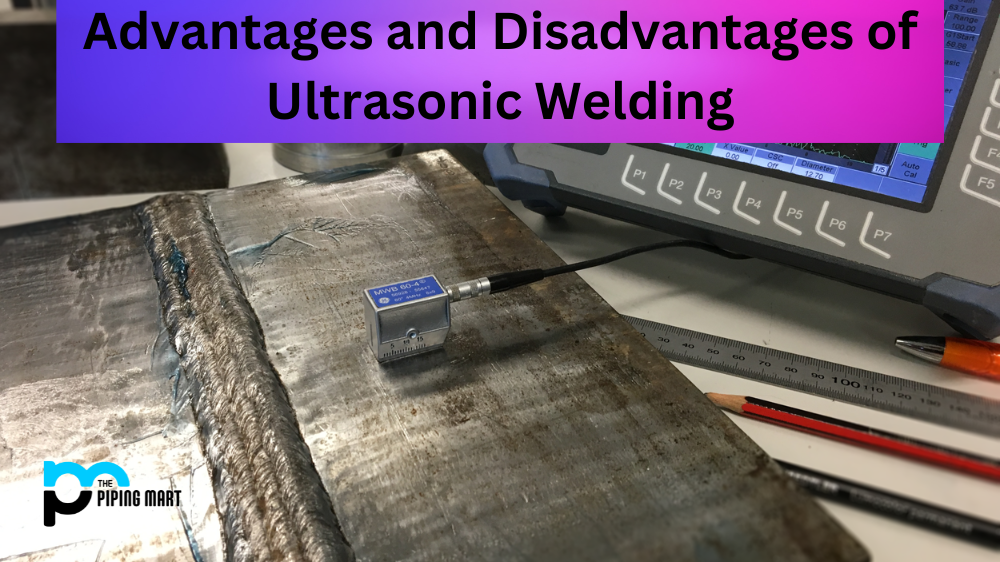Alloy Steel is a popular material used in different applications due to its exceptional chemical and mechanical properties. It is alloyed with different elements to achieve desired properties.
There are different things to consider while choosing Alloy Steel Grade:
Good formability of Alloy Steel Grade:
Alloy steel has lower amounts of carbon and alloys that make it an easily formable material. The elements like boron and chromium offer improved hardenability. Most of the alloy steels are easily hardened. The forming of Alloy steel is commonly done in the annealed state. Alloy steel grade AISI 4130 has very good formability features when annealed compared to other alloy steel grades.
Weldability property of Alloy Steel Grade:
Some elements like boron and sulfur are added to get the required weldability features in alloy steel. The addition of these elements can induce cracking. As alloy steel contains more carbon content, proper care should be taken while welding process to prevent cracking issues. It is preferred to conduct the welding of alloy steel in the annealed state. AISI 4130 is an easily weldable alloy steel grade. AISI 6150 requires to preheat and post-eat treatment after the welding process to avoid cracking.
Machinability property of Alloy Steel Grade:
Alloy steel offers improved machinability with the addition of sulfur and phosphorous. Alloy steel is typically machined in the annealed state. The reduced hardness conditions help in offering easy machinability. Alloy Steel AISI 4130 and AISI 8620 are easily machinable in the annealed state. It is difficult to machine AISI 4340 alloy steel even in annealed conditions.
Corrosion resistance:
Alloy steel offers remarkable corrosion resistance due to its excellent chemical composition. Alloy steel grades contain copper, chromium, molybdenum, and nickel that offers increased resistance in any corrosive environment. Due to its unique chemical and resistive properties, it is reliable to use in applications that include corrosive media.
The need for Heat treatment process:
Alloy steel is readily heated treatable. AISI 4340 and AISI 6150 grades are heated and quenched that results in excellent hardness and higher tensile strength. AISI 8620 is an alloy steel that is carburized to get the desired results. This process helps to offer excellent resistance to abrasion on the outer layer of material. This layer doesn’t affect on toughness and ductility of alloy steel.
Alloy steel grade strength:
Alloy Steel has different alloying elements that offer higher tensile strength. This strength depends on the contents that are alloyed with the material. After the annealing or normalizing process, the material can have decreased strength. In order to get improved strength, alloy steel is heated and quenched. It is preferred to refer to the material datasheet to get the desired strength of particular alloy steel as per the requirements.
Applications of Alloy Steel Grades:
AISI 4130 alloy steel grade is used in Aircraft parts, hydraulic tools, machine tools, and ball bearings. AISI 4140 is suitable to use in Shafts, sprockets, gears, spindles, and many more. AISI 4340 grade is reliable for Landing gear, oil, and gas processing industries, axles, sprockets, spindles, etc. AISI 6150 grade is commonly used for Gears, spindles, shafts, and tools. AISI 8620 alloy steel grade is utilized in Fasteners, gears, pins, springs, and many more.

Pipingmart is B2B portal specializes in industrial, metal and piping products. Also, share latest information and news related to products, materials and different types grades to help business dealing in this industry.




